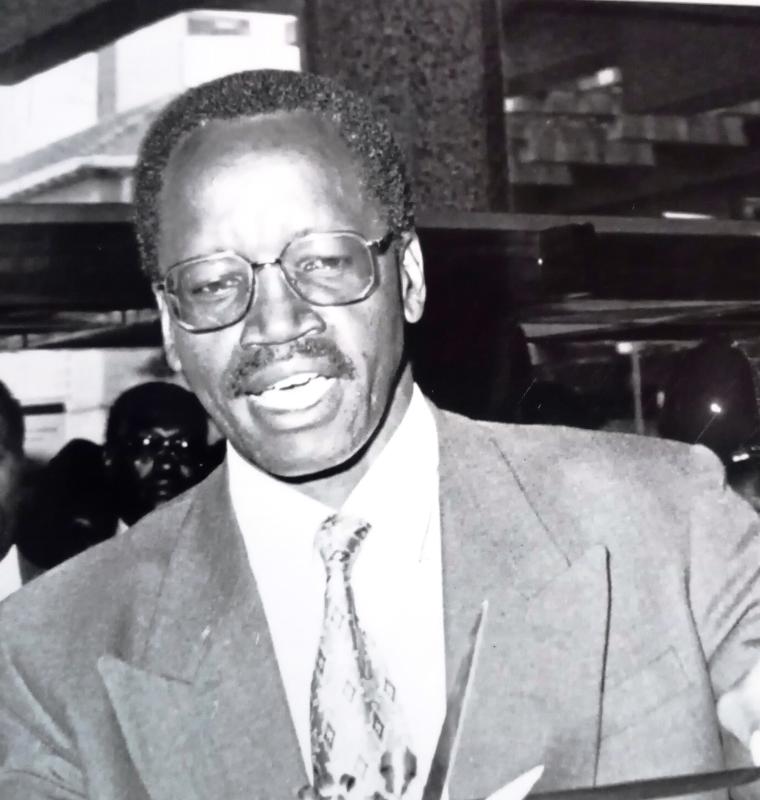×
The Standard e-Paper
Join Thousands Daily

When his younger sister Chelagat Mutai chose to venture into the political world, Januarius Kipleting Mutai was fixated on pursuing the career that saw him become a successful engineer.